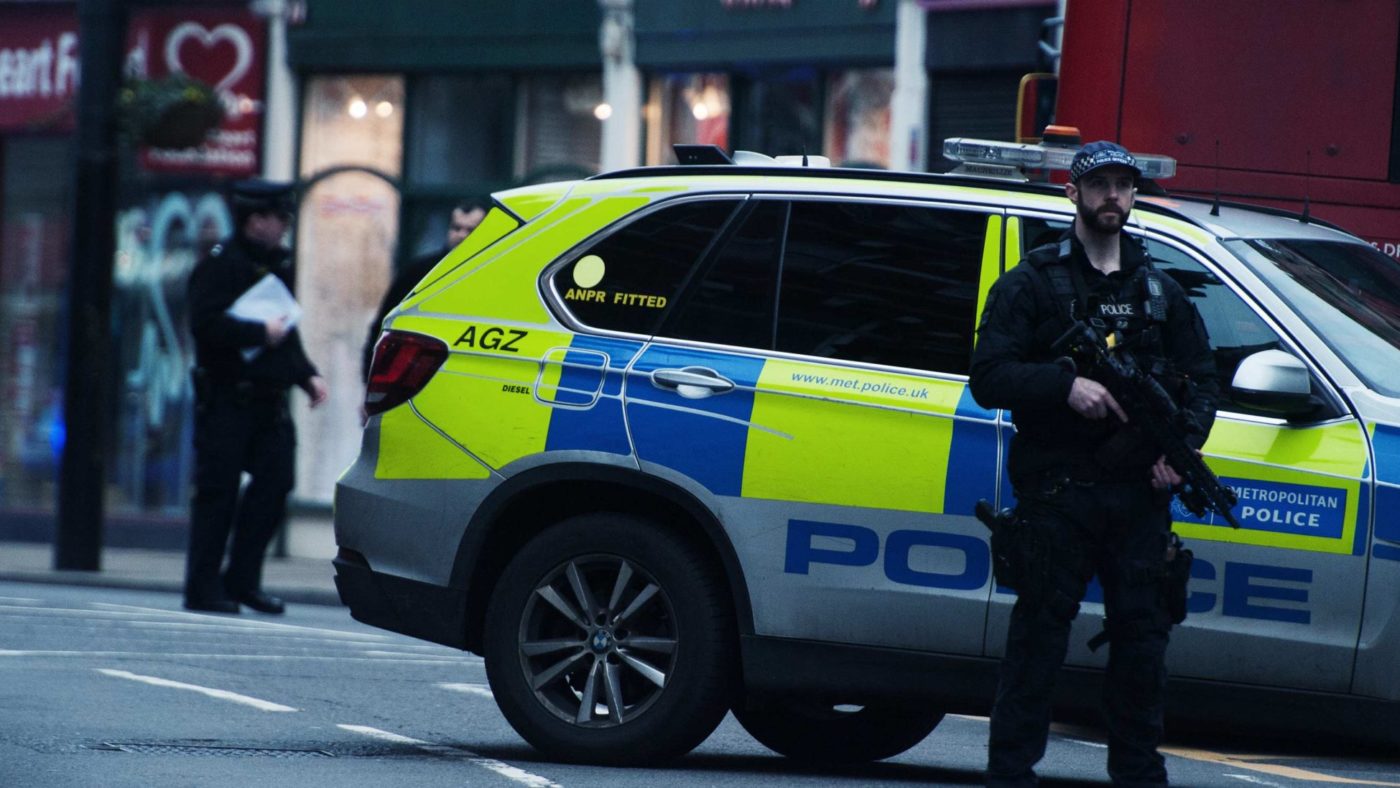There’s a good deal of social capital to be earned by romanticising the continent’s approach to various social issues. The perception that “backwards” Britain should catch up with “progressive” Europe is rife – it’s what occasional CapX contributor Kristian Niemitz might call a ‘high status opinion’.
Of course, the evidence that your average Briton is much more liberal and tolerant than many of our European neighbours is seldom allowed to pierce this worldview.
These peripheral culture war and identity skirmishes are exhausting and best avoided, but when these (usually incorrect) ‘high status opinions’ stray into national security, we should all be concerned.
In just the last few months, Britain has been struck by three Islamist terror attacks, and while two were on the streets and one launched behind bars, all three have thrown up questions about just what to do with our swelling ranks of convicted Islamist terrorists.
Clearly, serving time has had no impact on the worldview of any of the men involved in these incidents (with one even emerging as a rising ‘prison emir’). Which begs the question of what, if anything, was attempted in terms of deradicalisation, and why it hasn’t worked.
Some, including the former Director of Public Prosecutions, have touted the seemingly more enlightened Danish model for preventing and deradicalising, citing a ‘multi-agency’ approach, one which offers tailored interventions addressing personal needs and offering ideological mentorship.
If this sounds familiar to even the most casual observer of UK counter-terrorism policy, it is because that is exactly the same approach taken here.
It is a sad indictment of the success of the ecosystem of commentators, politicians and pressure groups in undermining and delegitimising the UK’s non-coercive terrorism prevention efforts that one country’s approach is celebrated, while our own is denigrated, despite the striking similarities.
Sticking with just deradicalisation, this is not to say that either approach is necessarily even successful. The truth is that as much as both approaches might be well-meaning and well-received by participants, they may turn out to be abject failures overall. It is simply too soon to tell.
This type of speculation over the various approaches taken to terrorism prevention is cyclical. When France and Belgium were weathering waves of brutal terror attacks crashing against them in 2014-15, commentators looked to other European countries for lessons. Then Germany was attacked. And so was Scandinavia.
At the time, Britain had so far escaped the reverberations from the Caliphate, so mainland commentators hailed our own model as a success. Then in 2017 the UK was hit. Again and again and again. Back to the drawing board.
Using attacks and body count as an indicator of success in a timeframe of just a few months is a fool’s errand. The three attacks have taken place in just four months – it is simply not possible to say Denmark or anyone else’s approach to deradicalisation is a comparable success yet. This is uncharted territory.
Denmark’s had some 150 individuals travel to join the Jihad in Iraq and Syria, a higher figure per capita than the UK’s higher total number of around 850. What if this returning exodus attacks in two, five or 10 years post-conflict or prison, rather than one week after release as Sudesh Amman did?
What if the prison and foreign fighter returnee contingent doesn’t conduct the attacks themselves, but they recruit and radicalise a new, much larger, generation of Jihadis in 15-20 years? Can the Danish or British model be called a success in such a context? They may have personally disengaged but they certainly have not deradicalised.
There is a historical precedent for this, the UK’s earlier travellers to the Bosnian Jihad might not have attacked themselves, but they came back with charisma, credibility and connections, telling both glorious war stories and tales of Muslim suffering at the hands of unbelievers. In fact, some of those early generation of travellers still enjoy a destabilising influence today, almost 3 decades later.
There is no secret formula for this and no code to be cracked. Unrealistic expectations of deradicalisation efforts in particular must be reined in. The idea that all terrorists can simply be deprogrammed or ‘shown the right way’ stems from the perception that they were misled or manipulated into terrorism in the first place. If they were lured into terrorism or seduced by slick online propaganda, surely they just need to be shown the error of their ways? If only it were so simple.
Each democratic state dealing with its own burgeoning terrorist contingent is facing some hard choices in the years ahead. Terrorists involved in serious and deadly plots (successful or foiled), or those who have committed war crimes overseas should not be a priority for deradicalisation, they should simply never get out and have the chance to harm anyone else.
For the less serious offenders whom we cannot lock up and throw away the key we have no choice but to try, but expectations should be grounded firmly in reality. Throwing more money at this problem won’t necessarily improve its effectiveness.
You cannot just put someone in one end of a deradicalisation programme and expect them to automatically come out the other end a peaceful, democratic and upstanding citizen. The truth is that deradicalisation may not work for many, and it may not work for most. But it might just work for a handful – and it only took a handful of people to kill 131 innocents on a November night in Paris, and 19 people killed 3,000 on 11 September , 2001.
So, we must continue to try and deradicalise, but we cannot afford to put all of our chips on it. The most effective tool against hardened and committed terrorists will always be the rule of law.
Click here to subscribe to our daily briefing – the best pieces from CapX and across the web.
CapX depends on the generosity of its readers. If you value what we do, please consider making a donation.


